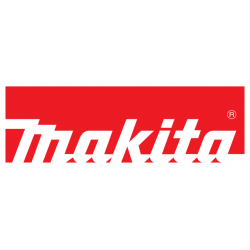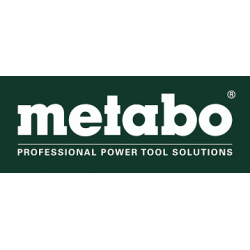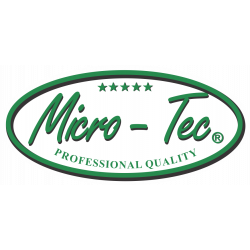
| Quantity | Unit Price | You Save |
|---|---|---|
| 5 or more | R 147.60 | 4.16 % |
| 10 or more | R 142.13 | 7.71 % |
| 20 or more | R 136.66 | 11.26 % |
- Stock: 6
- MPN: CTR PCL
- Weight: 0.07kg
- Dimensions: 220.00mm x 15.00mm x 80.00mm
- SKU: CTR PCL
- UPC: 091511400946
Scoring and breaking acrylics the right way
Cat no: PC-L

Heavy-duty cutter, designed to produce a fine score line to precisely break plastics, acrylic and laminates.
Features built-in room for spare blades and a ratchet-wheel for secure blade extension and retraction, and unlimited blade positioning.
Includes 1 reversable tungsten steel PB-800 blade inserted PLUS 2 replacement blades in the handle. For right- and left- handed use.
- Cutting with this knife involves scratching the plate several times along the cutting line and then breaking it. This can easily be achieved with astraight line straight cut ;
- In the case of thin plastic sheets, the use of this knife instead of the classic saw allows the cracks and edges of cut edges to be avoided .
- Handle with retractable blade made of high quality plastic (ABS) allows for convenient material cutting;
- One-sided blade, same as the P-450 knife;
- In the handle for spare blades , complete with two spare blades.

How to scratch & break:
- Place a plastic board on a flat surface and take straight strokes to make a score, deep enough to break by hand. Approximately one-third depth of the plastic board will be the rough standard.
- Snap off downward by hand along the score.
- Clean cut surface with the unsharpened edge, if necessary.

Clarification: the “score and snap” method can only be used to create controlled breaks in certain plastic materials, such as acrylic, styrene, and construction laminates. Many plastic materials cannot be scored and snapped and must be cut using other means. If in doubt, check with your plastics supplier.
Here’s how scoring a plastic sheet works:
- Lay out your cut line.
- Use a straightedge and scoring knife to cut a narrow and shallow groove in thin plastic sheet materials (e.g. 1/8″ acrylic). (Thicker plastic sheets might need to be cut via other means.)
- Make multiple passes to deepen the groove if needed.
- Place the plastic sheet, groove-side up, over a hard edge, such as a tabletop, with the groove slightly beyond the edge.
- Optional: Clamp a flat block over the sheet, preferably with a hard edge as well
- Bend the overhang with a quick and even motion.
- *SNAP*. The groove will deepen as a crack propagate throughout the thickness of the sheet, separating it into two pieces with straight and relatively clean edges.

The process is similar as with cutting glass, but with plastic it’s usually okay to make multiple passes with the scoring knife.
All scoring proper knives feature triangular blades with strong points. The flat inside of the pointed blade is mainly used for scoring.
The flat sharpened edges are used for deburring or cleaning up of freshly separated edges.
Retractable plastic scoring knives, such as this Olfa PC-L and PC-S, are a good compromise between rigidity and convenience. Replacement blades are widely available.
| Description | Specification |
| Blade Size | PB-800 |
| Packaging | Blister Packed |
| Model | PC-L |
| Lock | Screw-lock mechanism |
| Features | Built-in blade storage |
| Blade Compatibility | PB-800 |



































































